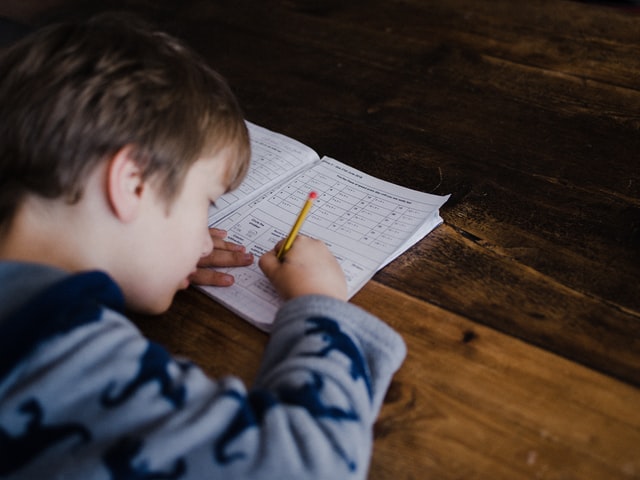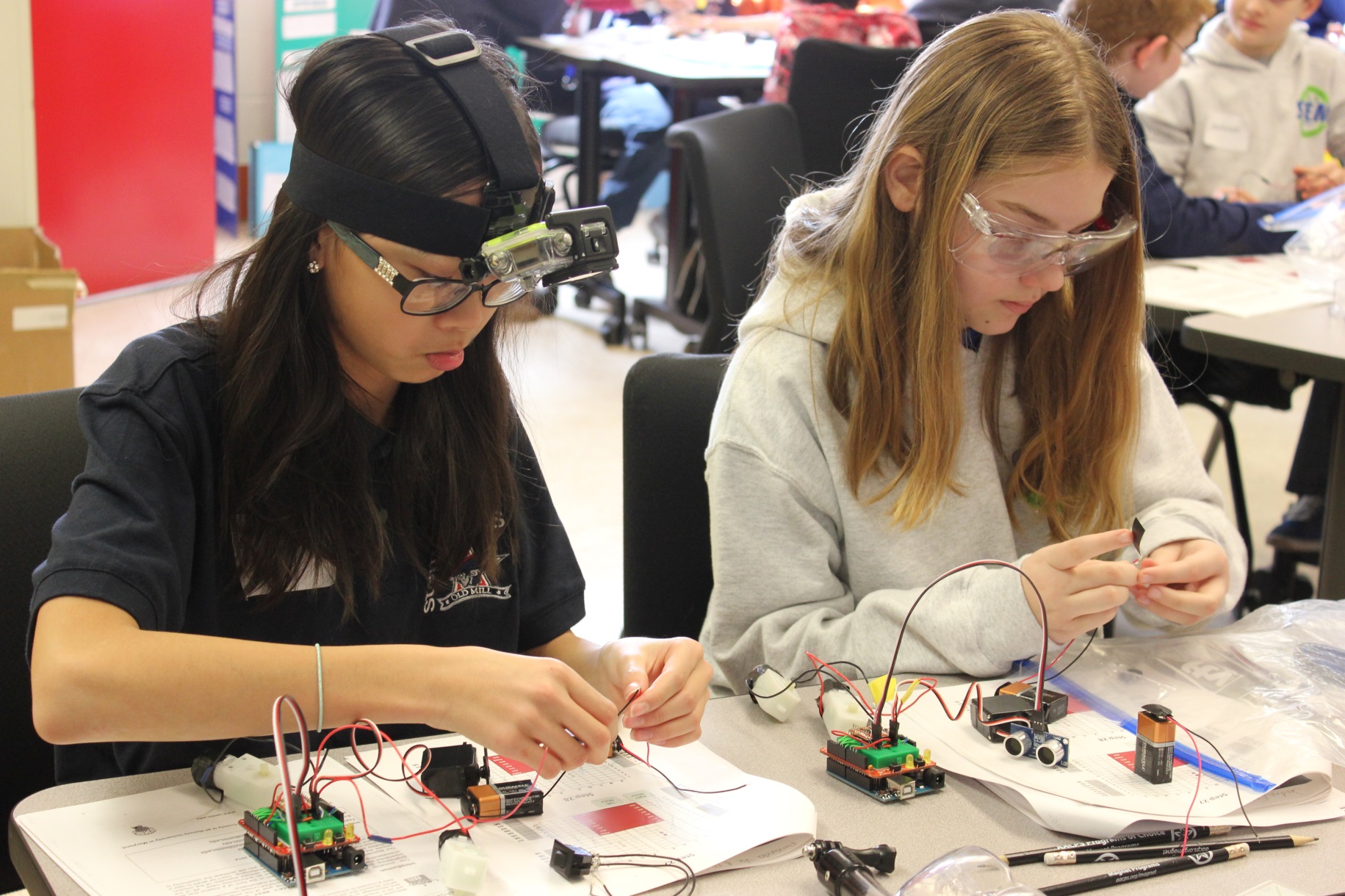 Photo by Annie Spratt on Unsplash
Photo by Annie Spratt on Unsplash
“21st Century Skills” (or “Transferable Skills”) are the abilities students need to develop to succeed in our information-based society. Input from teachers, education experts and business leaders, gathered in the Partnership for 21st Century Skills, defined the P21 Framework, a graphic representation to better understand what these competencies are as well as the support systems necessary to produce 21st century student outcomes.
The P21 Framework: an interconnected view
The P21 Framework for 21st Century Learning represents both student outcomes and support systems as fully interconnected elements in the process of 21st century teaching and learning. Starting from the outcomes, it is easy to understand the consistency of the skills required to success in today’s society.
As you can see, student outcomes are represented by the arches of the rainbow, while support systems are represented by the pools at the bottom of the P21 Framework.
21st century support systems – Standards and Assessments, Curriculum and Instruction, Professional Development and Learning Environments – must be aligned to produce the 21st outcomes for today’s students.

21st Century Outcomes: the skills students should master today
The Partnership for 21st Century Skills defined a very accurate list of abilities students need to develop to succeed at school, in their future jobs and in everyday life. These skills can be divided in three main sections that correspond at the red, yellow and purple parts in the P21 Framework rainbow.
Learning and Innovation Skills
Learning and Innovation skills are those skills that separate students who will be able to deal with an increasingly complex society in 21st century, and students who won’t be able to do it, such as Critical Thinking, Creative Thinking, Collaborating and Communicating.
Information, Media, and Technology Skills
In a society based on technology and media, students must learn how to properly use them in order to be able to evaluate the abundance of information they get in contact with, becoming attentive citizens and workers. The skills to develop are Information Literacy, Media Literacy and Technology Literacy.
Life and Career Skills
To deal with complex life and work environments, students need to develop thinking skills, content knowledge, social and emotional competencies like Flexibility, Initiative, Social Skills, Productivity and Leadership.
21st Century Themes: fundamental disciplines in today’s education
Looking at the P21 Framework layout, the 21st Century Skills are expressed in the student outcomes rainbow together with those subjects schools must focus on, which are: English, Reading or Language Arts, World Languages, Arts, Mathematics, Economics, Science, Geography, History, Government and Civics.
In addition to these “basic” subjects, the Partnership for 21st Century Skills believes that schools must promote understanding of academic content at much higher levels, by introducing the 21st Century Fundamental Themes – which are interdisciplinary – into curriculum: Global Awareness, Financial, Economic, Business and Entrepreneurial Literacy, Civic Literacy, Health Literacy and Environmental Literacy.
Discover more resources with RobotLAB to boost your students 21st Century Skills

